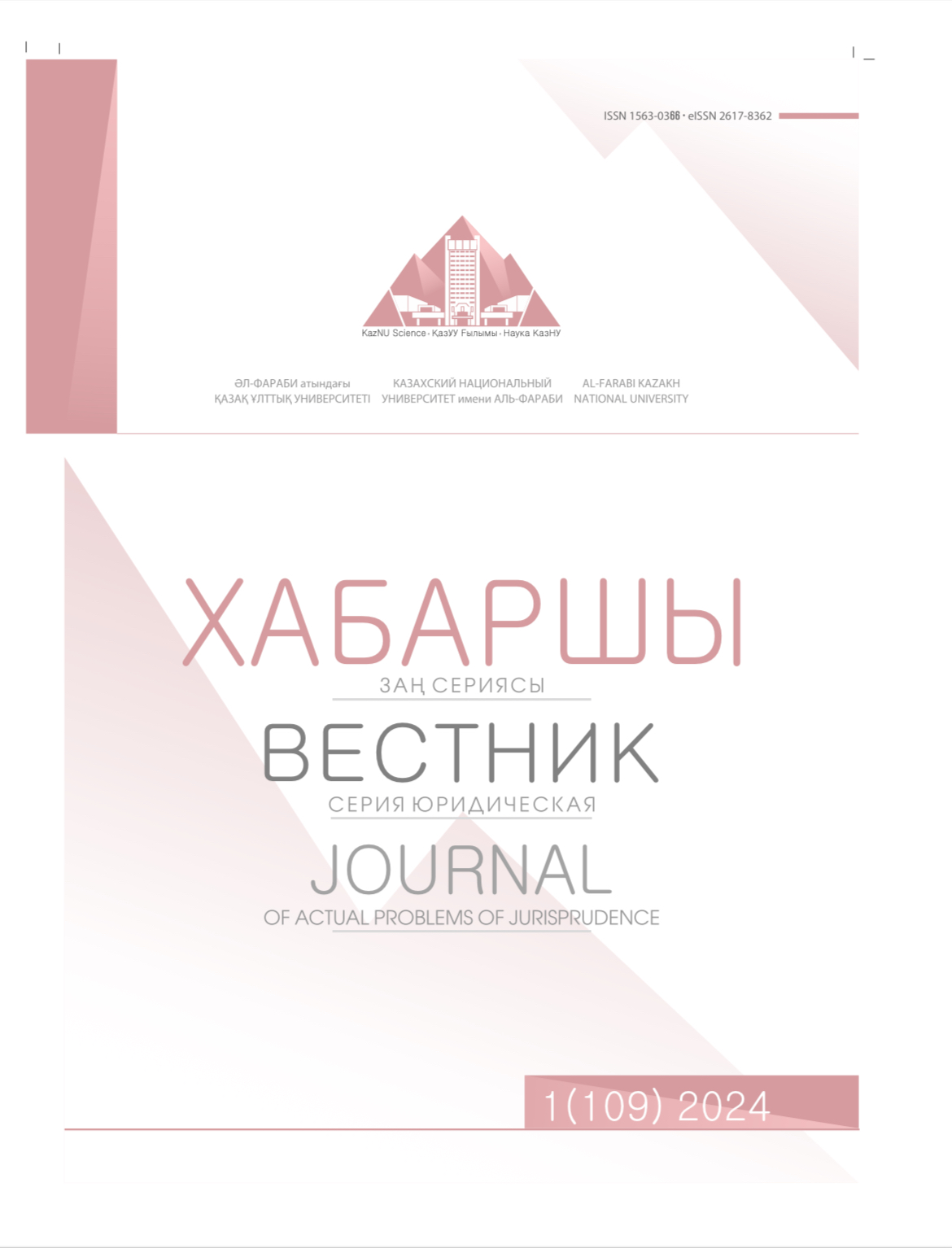AVOIDING ENERGY POVERTY IN LANDS TRIGGERED BY NATURAL HAZARDS: THE CASE OF MACERATA FELTRIA, PIEVE TORINA AND MUCCIA
DOI:
https://doi.org/10.26577/JAPJ2024109114Abstract
Access to energy has been, especially in recent times after the Ukrainian War and recent natural hazards, a significant theme among European policymakers. Still, there are some parts of Italy, especially the Marche region, which since 2016 are living in an emergency because of the seismic events. In light of this situation, this paper investigates the policy adopted by the Italian Government and the ARERA Authority in regard to electricity bills in the territories affected by the natural hazard. In particular, this paper aims to highlight how, in lands triggered by a disaster, the most convenient solution in order to combat the accessibility of energy and the consequent energy poverty of the evacuees, is the creation of energy communities. In this regard – also thanks to the Directive EU 2018/ 2001 (also known for RED II Directive), the funds of the Next Generation EU and the recent Marche Regional Law of 11 June 2021 n. 10 which can contribute to an increase in the creation by rural areas communities of new energy communities – there are already case studies and best practices such as those Macerata Feltria (Pesaro-Urbino) and the future developments of Muccia and Pieve Torina (both located in the crater of the Marche region in the province of Macerata), than can be taken as an example for future developments of energy communities in the Italian rural areas affected by a disaster.
Keywords: Energy Law, Energy Bills, Disaster Law, Energy Communities, Prosumerism



